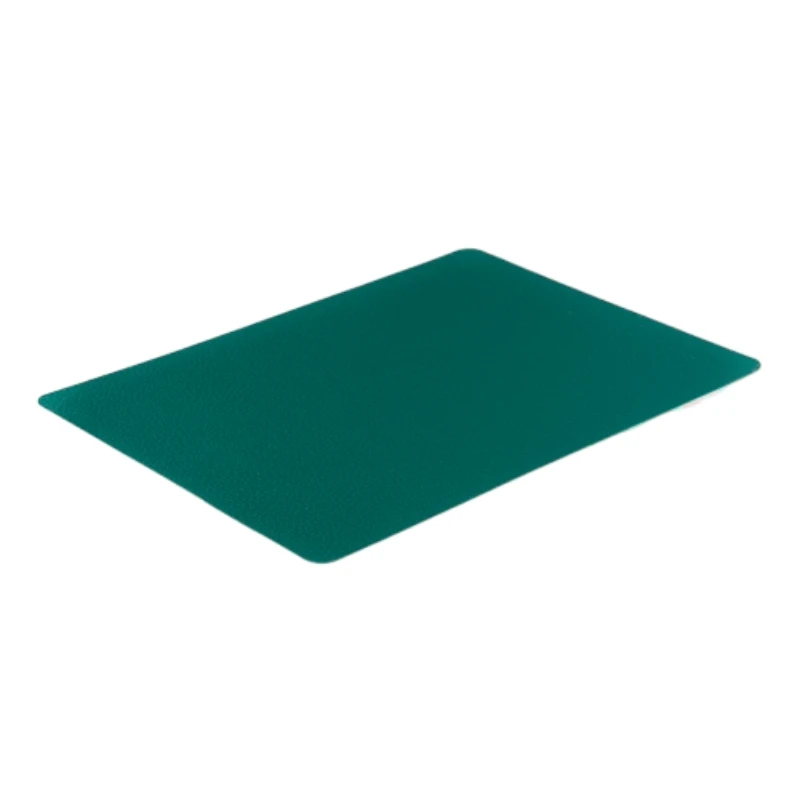- Afrikaans
- Arabic
- Belarusian
- Bengali
- Croatian
- Czech
- Danish
- Dutch
- English
- Estonian
- Finnish
- French
- Georgian
- German
- Greek
- hawaiian
- Hungarian
- Indonesian
- irish
- Italian
- Japanese
- kazakh
- Khmer
- Korean
- Kyrgyz
- Lao
- Latin
- Macedonian
- Malay
- Mongolian
- Myanmar
- Norwegian
- Persian
- Polish
- Portuguese
- Romanian
- Russian
- Serbian
- Spanish
- Swedish
- Tagalog
- Thai
- Turkish
- Turkmen
- Ukrainian
- Urdu
- Uzbek
- Vietnamese
- Zulu
commercial floor covering options
Exploring Commercial Floor Covering Options A Guide to Selecting the Right Materials
When it comes to designing and maintaining commercial spaces, one of the most critical decisions facility managers, property owners, and designers face is the selection of floor covering. The right flooring not only enhances the aesthetic appeal of a space but also plays a significant role in functionality, safety, and longevity. With a plethora of options available, understanding the various types of commercial floor coverings is essential. This article delves into the most common flooring materials and their respective advantages, helping you make an informed choice for your commercial environment.
1. Carpet Tiles
Carpet tiles are a popular choice for office spaces and retail environments due to their versatility and ease of installation. Available in various colors, patterns, and textures, they can be laid out in countless configurations to create unique designs. One of the key advantages of carpet tiles is their modular nature; if a tile becomes stained or damaged, it can be easily replaced without having to remove the entire carpet. Additionally, carpet tiles provide excellent acoustic insulation, making them ideal for office settings where noise reduction is crucial.
2. Vinyl Flooring
Vinyl flooring is another versatile option that is well-suited for a variety of commercial applications, including healthcare facilities, educational institutions, and retail spaces. Available in sheets, tiles, or planks, vinyl flooring is resilient, easy to clean, and can mimic the appearance of wood or stone. It is also water-resistant, making it an excellent choice for areas prone to spills and moisture. With advancements in printing technology, the design options for vinyl flooring are virtually limitless, allowing businesses to achieve the desired aesthetic without compromising on durability.
3. Laminate Flooring
Laminate flooring offers the look of hardwood or stone at a fraction of the cost, making it a popular choice for commercial settings. It is composed of multiple layers, with a photographic layer that replicates natural materials. Laminate flooring is known for its durability and resistance to scratches, making it suitable for high-traffic areas. Although it can be slightly more challenging to repair than other flooring options, its relatively low price and aesthetic appeal make it a favored choice for many businesses.
commercial floor covering options

Ceramic and porcelain tiles are classic flooring materials that are favored for their durability and ease of maintenance. They are ideal for high-traffic areas, such as lobbies, restrooms, and kitchens, due to their resistance to stains and water. Tiles come in a vast array of styles, sizes, and colors, providing endless design possibilities. Additionally, tile flooring is known for its ability to withstand wear and tear, making it a long-lasting solution for commercial spaces. However, it's important to consider that tiles can be cold and hard underfoot, which may be uncomfortable in certain environments.
5. Rubber Flooring
Rubber flooring is renowned for its slip-resistant properties and durability, making it an ideal choice for gyms, swimming pools, and medical facilities. It absorbs impact, providing a comfortable surface underfoot and reducing fatigue for those who spend prolonged periods standing. Rubber flooring is also easy to clean and maintain, making it suitable for high-traffic areas that require regular sanitation. Available in rolls or tiles, rubber flooring comes in various colors and textures to complement any design scheme.
6. Natural Stone Flooring
For businesses looking to make a statement, natural stone flooring offers elegance and timeless beauty. Granite, marble, slate, and limestone are all popular choices that add a touch of luxury to any commercial space. While beautiful, natural stone requires more maintenance than other flooring options, including regular sealing to prevent stains and damage. However, its durability and unique appearance can create a lasting impression, making it a worthy investment for high-end retail or hospitality environments.
Conclusion
Selecting the right commercial floor covering is a vital aspect of any space's design and functionality. Each flooring option comes with its own set of advantages, tailored to specific needs and environments. By considering factors such as durability, maintenance, aesthetic appeal, and cost, you can choose the flooring that not only meets the demands of your business but also enhances the overall ambiance of your commercial space. Whether you opt for the warmth of carpet tiles, the resilience of vinyl, or the elegance of natural stone, understanding your options will lead to a more successful project.
-
Benefits of PP Interlocking Floors for Gym SpacesNewsJul.08,2025
-
Durability Testing for Interlocking Sports Floor TilesNewsJul.08,2025
-
Overview of Tennis Court Flooring MaterialsNewsJul.08,2025
-
Portable Basketball Floor SystemsNewsJul.08,2025
-
Eco-Friendly Badminton Court Flooring OptionsNewsJul.08,2025
-
Durability Testing for PVC Floor Mat RollsNewsJul.08,2025
-
Top Materials Used in Tennis Court FlooringNewsJul.03,2025

